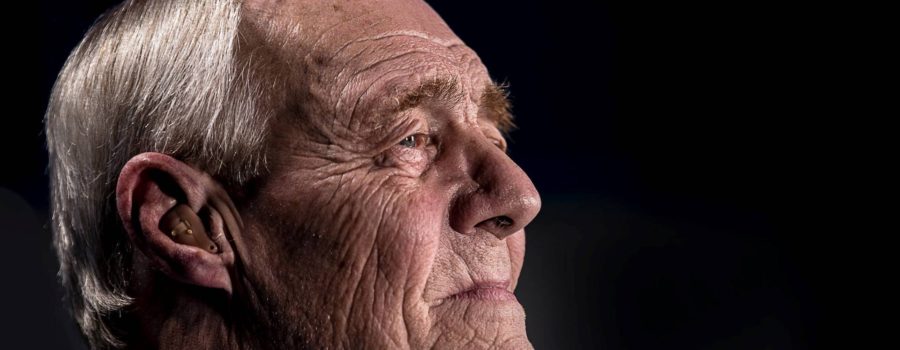At One Life Consulting, we specialize in providing late-life advice to the elderly and their adult children, so we have a pretty good sense for when things start going south with an elderly person’s physical condition.
And, while many of our engagements emanate from an accident or sudden health issue, an equal number come from more of a gradual decline in an elderly person’s health or an overall reduction in their physicality.
In the latter case, early detection is the key to being able to plan properly and thus maximize the chance of a positive outcome. If you have an aging parent or loved one, here are 10 subtle changes that could be an early indicator of either a health issue, a change in mental state, or a reduction in their ability to care for themselves.
Greasy hair or an overall unkept appearance. This is especially concerning if this was never the case previously. If a senior person who always took pride in their physical appearance suddenly appears disheveled, this is most certainly a cause for alarm.
Soiled clothes, particularly if soiled with urine or fecal matter. Soiled clothes can mean something as simple as the individual no longer possessing the physicality to handle their laundry duties, or it can point to health problems, especially if some degree of incontinence is involved. There are many causes for incontinence in the elderly, ranging from minor infection to major digestive issues. Although it can be a touchy subject, you should always try to quickly get to the root cause.
Unusual body odor: Similar to the above, this could point to a decline in physicality or dexterity, or it could indicate the presence of infection or disease. If you smell it, don’t ignore it!
Messy living space: I’ve found this one to be an amazingly accurate sign that something is amiss. There are two distinct categories of people – those who keep a meticulous house and those who don’t. When you witness an elderly loved one digress from the first category to the second, it’s pretty clear that something is up with them. Do some digging to determine if this might be due to physical or emotional limitations.
Delinquent bills or late payment notices: This is something else we see pretty often, and can be a telltale sign that a cognitive issue might be brewing. Over-and-above consulting with memory specialist to assess this sort of thing, it might be a good idea to start having a conversation about assigning a financial power of attorney.
Loose-fitting clothes: Unintentional weight loss can mean lots of things for an elderly person, and most of them aren’t very good. Slow but steady weight loss is often due to loss of muscularity, and is generally part of the late-life decline. Sudden weight loss usually has a single root cause, and is something to which you really need to pay attention.
Puffy appearance, particularly on extremities like the lower legs and ankles: This can point to circulation problems, fluid retention, inflammation, complications due to heart failure or diabetes, a blood clot or many other things, none of which are good. Get this checked out right away.
Missing appointments or social engagements: This can point to potential memory issues or emotional problems like depression. If it happens once let it go. If it becomes a pattern, something may be wrong.
Unusual bruising anywhere on the body: Obviously this could indicate some sort of accident, fall or physical abuse, but bruising can also be a symptom of vitamin deficiencies, blood problems, and all sorts of sinister health problems, the severity of which I’d rather not even mention here. Let’s just say you should take bruising seriously, especially if it seems to be occurring with some regularity.
Increased fatigue and/or muscle weakness: These sorts of things always have a cause. For the elderly, your first thought should be either dehydration or some sort of infection like a urinary tract infection (UTI). These can really throw an elderly person for a loop. Get it looked at as soon as possible.
While our bodies naturally change as part of the aging process, every item on the above list could be an early sign that a person’s ability to care for themselves is diminishing. Keep this checklist handy and frequently assess your elderly loved one for each of these 10 conditions. A change in one or more of these in a negative direction should serve as a warning sign that something may be brewing with their health and well-being, warranting an honest discussion with them and perhaps a conversation with their doctor.
As always, we’re here to help. While One Life Consulting does not take the place of a doctor and does not provide medical advice, we may be able to help you in lots of ways. Contact us anytime!





